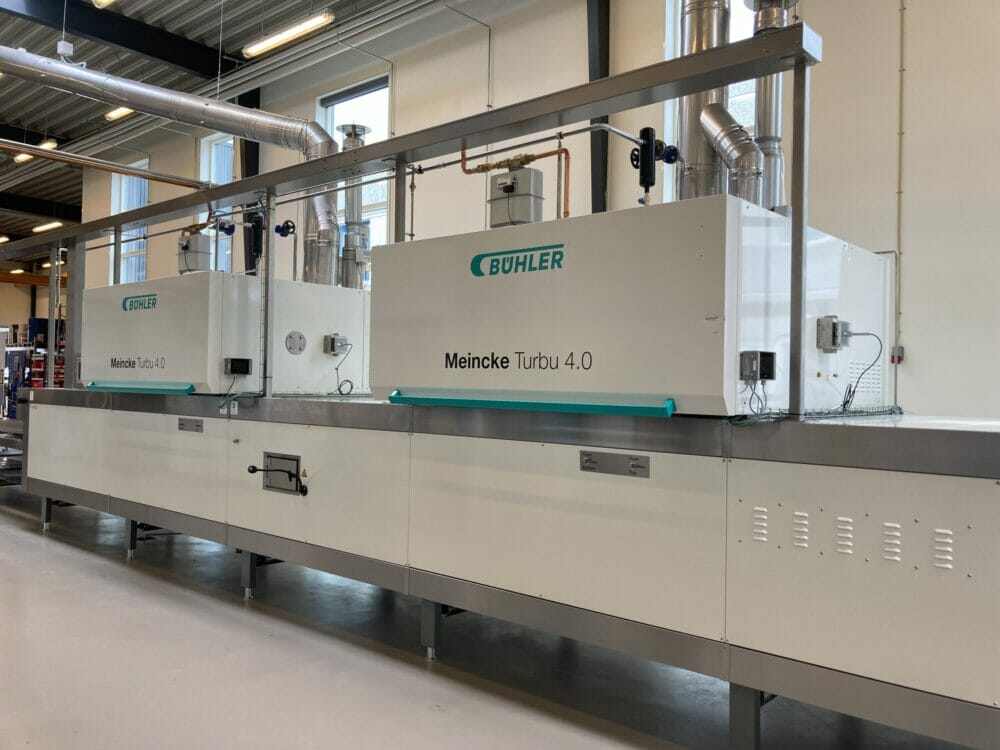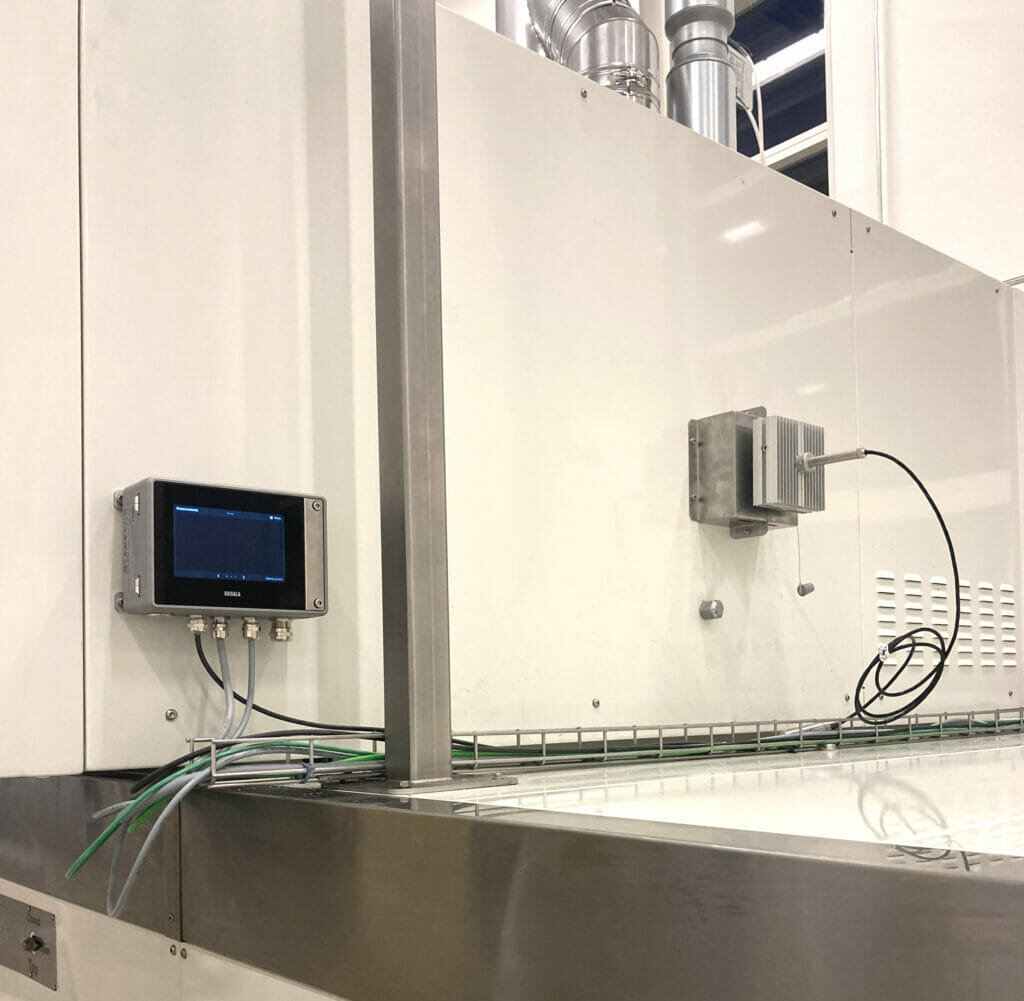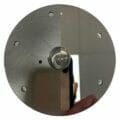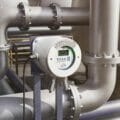Bühler, a leading producer of commercial food equipment including baking ovens, employs Vaisala technology in its Meincke Turbu ovens, including Vaisala’s dew point/temperature probes and industrial transmitters.
Environmental concerns and rising energy prices are driving demands for improved efficiency across all industries. This is particularly the case in food production, and especially in processes involving baking ovens, which can run at temperatures of up to 325°C. Bühler’s cutting-edge Meincke Turbu indirect-fired convection ovens, aim to increase efficiency in line with the company’s strategic commitment to help its customers make substantial savings in energy, water, and product wastage.
One customer was using natural gas at an average annual cost of €10 million before ordering the ovens, but with accurate humidity measurements a reduction in gas consumption of as much as 20% was achieved.
Ensuring consistent reliable baking product quality
The advantages of accurate monitoring are explained by Morten Bøgild and Christoffer Bay, Senior R&D Engineers at Bühler’s biscuit business unit in Denmark. “By measuring the humidity levels inside the oven, you can control the process to maintain a consistent baking profile, even with fluctuations in other factors like ambient conditions or ingredient quality,” explains Morten. “This enables a more consistent product in terms of spread, thickness, colouring, and other important quality parameters, thereby minimising wastage.”
In addition, Christoffer says: “An oven with built-in measurement technology gives our customers the opportunity to control the humidity of their ovens themselves, as well as the temperature, which can be particularly valuable for those producing multiple products with different baking profiles.”
The Vaisala DRYCAP® Dew Point and Temperature Probe DMP6 is designed for in-line humidity measurement at very high temperatures and a wide dew point range. It has a passive cooling function that draws heat away from the probe to reduce the temperature to within the sensor’s optimal range, making it ideal for the extreme environment of an industrial baking oven. This robust technology enables Bühler to offer its customers more accuracy and flexibility when setting up their ovens. In addition, the DMP6 measurement probe can be connected to a Vaisala Indigo500 series transmitter, which enables real-time data visualisation and probe configuration.
Consistent moisture levels improve production efficiency
The monitoring of moisture levels also helps to shorten the time needed to bake the perfect product. “When baking cookies, an oven typically operates with a dewpoint of 60–70 °C, but our Meincke Turbu ovens allow the humidity level to be higher,” explains Morten. “Consequently, there is less cold air to heat up, because when we regulate the moisture content, less air exchange is necessary. In addition, a dryer oven requires higher temperatures to achieve the same heat transfer, while excessive humidity can damage the oven – so with a higher moisture level that is kept consistent and within safe limits, thanks to accurate monitoring, we can achieve substantial reductions in the energy bills of our customers.”
In addition to reduced gas consumption, the conveyer carrying the baked goods can also move through the ovens at a faster rate because the products are ready sooner, resulting in a more efficient throughput.
From automation to digitalisation
Bühler is at the forefront of the fourth industrial revolution in its industry, incorporating smart technology into existing automated production facilities to improve performance through enhanced monitoring, reporting, and artificial intelligence techniques. “The market has slowly embraced this transition, and by recognising the efficiency benefits of having more accurate data and knowing how to use it, we are driving real change in the industry,” Christoffer explains. “Humidity measurements provide one of the most important insights when it comes to making the baking process more efficient and building an understanding of how heat flow within the oven contributes to final product quality.”
Morten sees Vaisala as the ideal partner for Bühler, helping customers to achieve ambitious efficiency targets. “Vaisala technology is crucial to our efforts, because the sensors are easy to calibrate and use, and robust enough to withstand extreme conditions,” he explains.
“Flemming Bøge of Brdr. Jørgensen Instruments, Vaisala’s partner in Denmark, worked closely with us to help identify the ideal solution; and we also received useful guidance from Vaisala’s own application experts on how to calculate humidity values. This greatly benefited our technicians, which use the equipment daily.
“Even before we chose Vaisala as a preferred supplier, we had customers specifying the company’s equipment in their orders. With an increasing demand for digitalisation and AI-enabled functionalities, this need is only going to increase, so we’re excited to see where this collaboration can take us.”






